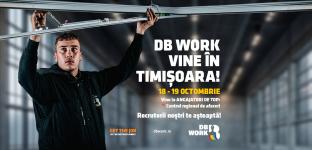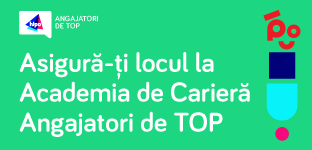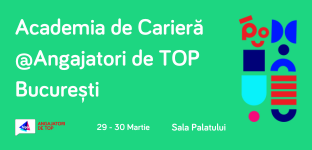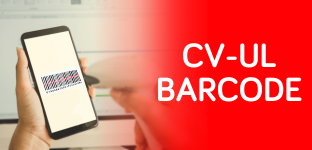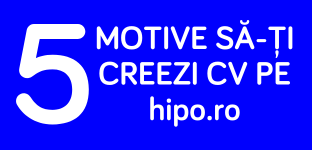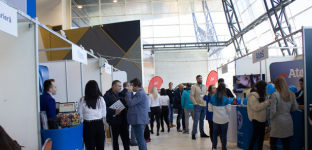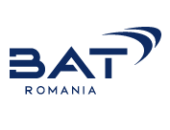Learn from a recruiter: Ace your CV and interview skills
We talked to Dana Predoiu, Recruitment Analyst with an experience of 7 years at Accenture Operations and Fulga Duna, Recruitment Senior Analyst, with an experience of 6 years at Accenture Technology, about what are the best- kept secrets and tips & tricks that will help you write your CV and ace your hiring interview.
[Dana]: The candidate’s CV is the first point of contact between them and their potential employers, it’s a glimpse of the candidate’s story. And just like a story, it should be succinct, with a clear structure and presented in an easy to read format, by using lines or bullet points to break down the information.
The structure of the CV should include the candidate’s:
- personal information, such as the name, contact details and educational information;
- details about their previous experience, in most recent historical order, along with some relevant key responsibilities for each work experience;
- a highlight of their achievements (training programs and certification) as well as a summary of their soft and hard skills. This will let the employer know what new knowledge they could bring to the company;
- optionally, they could include a list of hobbies.
2. What should a student with no work experience who is the beginning of their professional journey include in their CVs?
[Fulga]: Embarking on a new career journey as a student is something both exciting and scary. My advice to someone who is finding themselves in this situation is to find creative ways to show off their transferable skills and educational experience. Any relevant experience that you had during your University years, such as being part of a student organization, volunteering work or being the class president are great examples, as long as they are detailed and show off your strengths and key responsibilities. Additionally, they could also mention relevant courses, awards, trainings or certifications.
Luckily, when applying to a job at Accenture you don’t need to worry about the lack of experience, as we have various customized trainings as a team of professionals and mentors that will give the candidate all the knowledge needed for their role.
[Dana]: I know that this is a debate between candidates, but for me, personally, both are fine. I recommend that candidates choose the option that is more suitable for them and best help them describe their professional journey, but the most important part of a CV is the accuracy of the information written.
[Fulga]: Preparing for an interview is a really important step in the candidate’s journey, but it shouldn’t be perceived as intimidating. First of all, the candidate should research the company and carefully review and compare their skills to the job requirement, this helps them better understand if their goals and qualifications are a match to the role and employer. Another thing I personally recommend is for the candidates to prepare responses to common interview questions.
Secondly, the first impression matters, so the candidates should dress accordingly, and if they don’t know what to wear, contacting a friend who has been to work interviews and asking for advice is a great idea. In order to make a good impression with the recruiter, candidates should also be on time for the interview, be positive, establish eye contact and use a firm handshake.
And lastly, they should remember the recruiter’s name and don’t hesitate to reach out for feedback or recruitment updates.
[Dana]: It’s true, Accenture quickly managed to adapt to online hiring, and this become our new normal. Online interviews are no different from traditional, in-person interviews, but there are some aspects candidates should take into considerations. For example, they should make sure to limit background distractions, check their lighting, test their equipment beforehand and keep the recruiter engaged as in a face to face conversation. Additionally, just like in the case of a traditional interview, they should dress for success, make eye contact and stay focused.
[Fulga]: The point of the interview is to understand the candidate’s professional needs in comparison to what the role can offer, and learning about their experience, education and skills is an essential part of the interview. Equally important is to get to know the candidates through their personality, demeanor and the overall attitude when answering our questions.
[Dana]: The simple answer is yes. Feedback is necessary and it helps both the candidate and the recruiter improve their activity. As a candidate, they need to understand the outcome of the interview, as well as your performance in the process. As a recruiter, we need to know how the overall experience was for the them and what can we do to improve.
[Fulga]: Practice makes perfect! We encourage them to be confident and show the employer who they really are. Hopefully we will see them in an interview.
Looking for a new career opportunity or are you starting your professional journey? If you speak English and a second language, discover Accenture’s current opportunities or apply to their Technology Summer Internship.
Join Accenture’s community of professionals and help them lead with greatness!
















